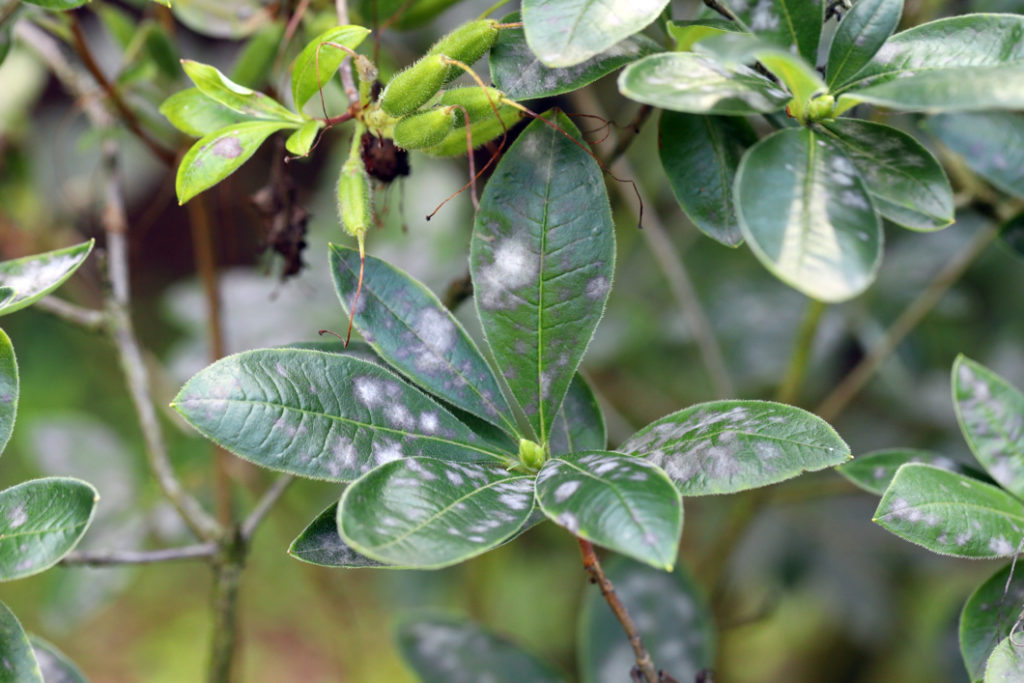Are Your Azaleas Getting Enough Water? Brown Leaves And Their Causes

SHRUBS > AZALEAS > BROWN-LEAVES

Elizabeth is a Permaculture Garden Designer, Sustainability Consultant and Professional Writer, working as an advocate for positive change. She graduated from the University of St. Andrews with an MA in English and Philosophy and obtained a Diploma in Applied Permaculture Design from the Permaculture Association.
Reviewed By COLIN SKELLY

Colin is a Horticulturist and Horticultural Consultant with experience in a range of practical and managerial roles across heritage, commercial and public horticulture. He holds the Royal Horticultural Society’s Master of Horticulture award and has a particular interest in horticultural ecology and naturalistic planting for habitat and climate resilience.
IN THIS GUIDE
Azaleas can be relatively easy shrubs to grow, as long as they are grown in the right location.
It is important to remember that some Azaleas can be grown outdoors in the UK year-round, while others are tender and can only be grown indoors or under cover during the coldest months.
However, though Azaleas can be easy to grow, there are certain problems that can arise.
One of the main issues that you might notice is brown leaves.
What Causes Brown Leaves?
Brown leaves on Azaleas can be caused by a number of different things.
Typically, however, brown leaves at a time of year when you would not usually expect to see them is a sign that those leaves are not getting enough water.

Azalea leaves can turn brown when:
- You have not watered indoors grown Azaleas enough, or your outdoor Azaleas have experienced a period of drought.
- Drying, cold winds have meant that water has been lost faster than it could be replenished.
- There is not sufficient drainage and the soil or growing medium in a container has become waterlogged.
- A fungal infection or pest has damaged the roots so water can’t get to the leaves.
Each of these reasons is discussed in more detail below:
1) A Lack of Water
If the upper leaves on an azalea are crisp and brown around the edges, the first thing to check is whether this is due to a straightforward lack of water.
Azaleas need a moist yet free-draining soil or growing medium.

You might simply not have watered enough, especially if growing in pots, as potted plants will typically require more watering than those growing in the ground.
Mulch around plants to retain moisture in the soil or growing medium, especially when the weather is dry.
2) Cold Winds
Sometimes, the leaves may lose water more quickly than they can be replenished, even if there is no shortage of water in the soil or growing medium.
The most common cause of this is cold, drying winds, which can be a problem for these plants during the winter months.
Fortunately, plant stress in winter that occurs for this reason, or due to cold temperatures will usually recover once the conditions improve.

However, make sure that you understand how hardy the azalea is that you are trying to grow.
As mentioned above, some are much more tender than others and not all can cope with winter outdoors in the UK.
3) Waterlogged Soil
Ironically, water not getting to the leaves of an azalea can also be a sign that you have watered too much, or that there is too much water in the soil or growing medium.
“If you’re not sure of the cause of the leaf browning, get on your hands and knees and have a good look at the soil conditions,” Master Horticulturist Colin Skelly recommends.
“Use a trowel to excavate the surrounding soil, being careful not to disturb the roots.
“It will be obvious if the soil is dry and that is the problem. If not, then the soil may be holding too much water.
“This may not be obvious if there has been recent rainfall and the soil is moist.
Dig a small hole and pour in some water. If the water does not drain freely then waterlogging is likely the problem.”
Waterlogging in the soil can lead to root damage, which can also cause root rot.
4) Fungal Diseases & Pests
Water-logged soil and other environmental issues can also increase the likelihood of a fungal infection taking hold.

Fungal diseases and pest issues can also lead to damage to either roots or leaves which can cause azalea leaves to turn brown.
It’s generally advised to cut back any diseased plant material to help curtail its spread.
There are a variety of solutions available for pests such as aphids that can help restore your plant to its former glory.
